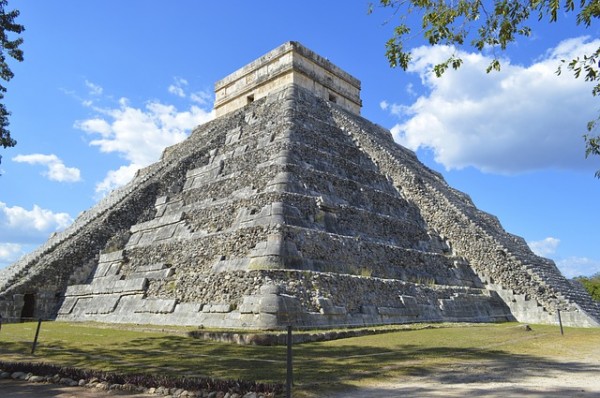By Jenia Cane, | February 21, 2017

The demise of the Aztecs civilization has remained a mystery until now.
Could it be possible that the death of Aztec civilization was caused by an outbreak of salmonella?
The demise of the Aztecs civilization has remained a mystery until now. Scientists have theorized that the wide-spread infestation of the disease took the lives of the inhabitants at the time of the famous Mesoamerica civilization.
Like Us on Facebook
Based on the study by the Max Planck Institute for the Science of Human History, the DNA of the teeth of the long-buried remains of the Aztecs pointed to Salmonella as the culprit of the death.
The scientists revealed that up to 80 percent of the Aztec civilization's people were devastated by a strain of Salmonella, according to the result of the DNA extraction.
Spanish conquistador Hernando Cortés took over Central America in 1519. After four years of waging war against the Aztecs, he and his team eventually conquered them.
Meanwhile, from 1545 to 1576, when the Spaniard returned to his homeland, Salmonella outbreak caused the death of seven to 18 million Aztecs.
"In the cities and large towns, big ditches were dug, and from morning to sunset, the priests did nothing else but carry the dead bodies and throw them into the ditches," Juan de Torquemada, a Catholic historian, wrote about the epidemic. De Torquemada personally witnessed the awful scenes.
-
Use of Coronavirus Pandemic Drones Raises Privacy Concerns: Drones Spread Fear, Local Officials Say

-
Coronavirus Hampers The Delivery Of Lockheed Martin F-35 Stealth Fighters For 2020

-
Instagram Speeds Up Plans to Add Account Memorialization Feature Due to COVID-19 Deaths

-
NASA: Perseverance Plans to Bring 'Mars Rock' to Earth in 2031

-
600 Dead And 3,000 In The Hospital as Iranians Believed Drinking High-Concentrations of Alcohol Can Cure The Coronavirus

-
600 Dead And 3,000 In The Hospital as Iranians Believed Drinking High-Concentrations of Alcohol Can Cure The Coronavirus

-
COVID-19: Doctors, Nurses Use Virtual Reality to Learn New Skills in Treating Coronavirus Patients









